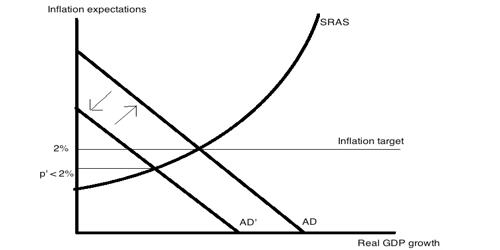Infrastructure is the general term for a business, area, or nation’s basic physical structures. Investments in public works are funded by the government through the use of discretionary funds raised from different sources, such as taxes, fines, cessation, etc. The estimation of speculations is estimated based on approach measure basic data sources, cost capacity, and total creations. Since infrastructure most often requires the development by natural monopolies of either public goods or goods lending themselves to production, public funding, control, oversight or regulation of infrastructure is very common.
Public infrastructure is significant for quicker financial development and comprehensive development that is shared by most of the country. It helps in the mitigation of destitution and a decrease in pay appropriation imbalance. Certain administrative roles are often considered part of the infrastructure, mostly covered by different government departments. Educational and healthcare facilities, relevant research and development roles, and appropriate training facilities may also be included. Sufficient infrastructure offices likewise help in growing exchange inside the nation as well as advance unfamiliar exchange by means of progress in ports and air terminals.
There are a variety of ways in which public infrastructure is funded, including publicly (through taxes), privately (through private investments), and through public-private partnerships.
Advantages of Public infrastructure:
- It helps to ensure the investment needed in the public sector and to better utilize public capital.
- Public administrations gave through open foundation guarantees a higher caliber of administrations and opportune arrangements of these administrations for general society.
- Investment project costs are predetermined and are carried out in due time to help reduce unexpected expenses.
- The experience of the private sector is used in the implementation of infrastructure projects that help to deliver the infrastructure of high quality.
- Starting interests in such activities are financed by the public area and later recuperated by the local area as the task benefit.
- It helps to raise the economy’s jobs rate by hiring numerous unemployed people at competitive salaries to construct infrastructure projects.
- It links households in the country’s cities, towns, ensuring a better quality of opportunities such as health care, education, employment, broadband networks, etc.
Disadvantages of Public infrastructure:
- It takes much more time to finish than those with private infrastructure.
- The extent of advancement in public infrastructure projects is extremely low. Public ventures don’t think of advancement in thoughts and plans rather follow the outdated cycle in executing the task.
- In these projects, the chances of corruption are higher as the money allocated for the project might not be used entirely for the project, but rather is channeled between different public agencies participating in the project’s implementation.
- Public infrastructure quality is undermined as the primary goal of the government is only to deliver the service regardless of the quality and the standard offered by the institutions and infrastructure.
There is a requirement for solid and safe actual designs that are fundamental for a flourishing economy and an effective society. Now and again privately owned businesses decide to put resources into a country’s infrastructure advancement as a component of a business extension exertion. In order to help eliminate criminal activities such as corruption and allow the infrastructure sector to be more reliable and physically stable, laws and safety codes have been actively implemented. Overall, one of the foundations of the economy is public infrastructure spending. The government should schedule its spending and utilization adequately.
Information Sources:
















